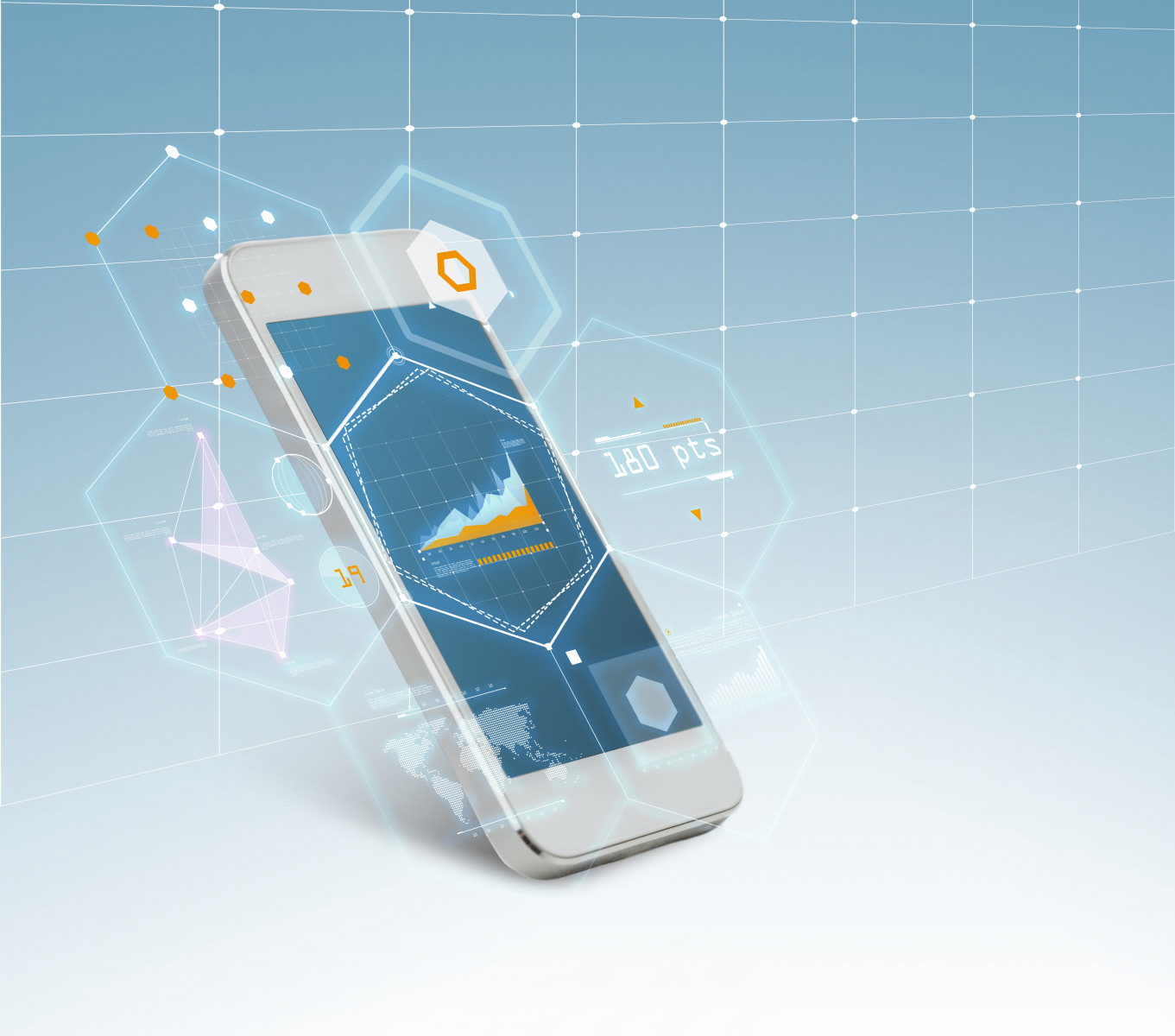Patients in US Wanted for iPhone App Data Study Looking to Better Understand MS Experience
Written by |

Researchers at Duke University are recruiting adults with multiple sclerosis (MS) for a study evaluating whether the use of a smartphone app that collects data can help capture the disease experience, improve communication with clinicians, and further an understanding of MS.
The disease’s complex and varied symptoms means each patient has a somewhat unique MS experience. These experiences can also be impacted by an individual’s choice of therapies, side effects of medication, a person’s emotional health, and environmental factors.
Duke researchers will study whether the combination of smartphone-based data, machine learning (the capability of a computer system to identify patterns), and patient engagement can improve disease understanding and benefit participants.
According to a news release from the National Multiple Sclerosis Society, patients must be at least 18 years old, live in the United States, and have good English skills to be eligible for the study.
Patients also must either own or have access an iPhone (iOS 9 or greater) and download the free MS Mosaic mobile application, developed by Duke researchers, from the App Store. This app is currently not available for Android phones.
Once registered on the app, patients will receive daily, weekly, and monthly questionnaires about their symptoms. Researchers estimate the daily surveys will take less than one minute to finish, and weekly surveys less than 10 minutes.
Participants will be instructed to conduct specific tasks while holding the phone for data collection. This can include activities that test walking ability, like walking 25 steps, turning around, and walking back; or tapping on the phone screen repetitively to test coordination, motor speed, and fatigue. Patients may also be asked to play a short game designed to evaluate short-term memory. These tasks will not take longer than five minutes to complete.
All the information collected will be sent to a secure data server.
Patients can decline to answer any question or to participate in any task. For privacy reasons, information that identifies a person — such as name, date of birth, and email address — will be replaced with a code.
While data with retain such confidentiality during analyses, the researchers have the ability to re-identify data should that be considered necessary for research integrity or legal reasons.
Patients will be able to export their own data to share it with their healthcare providers.
For questions related to the study or the app and its use, contact the research team at [email protected].


